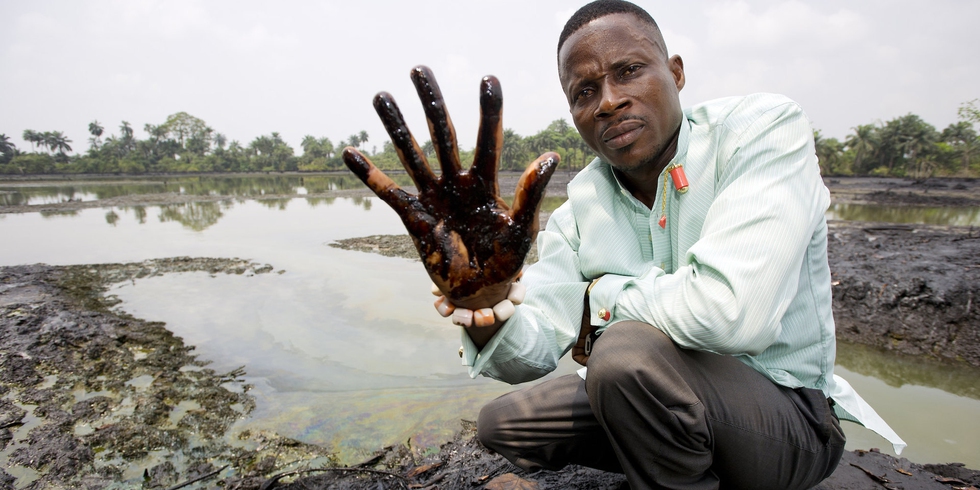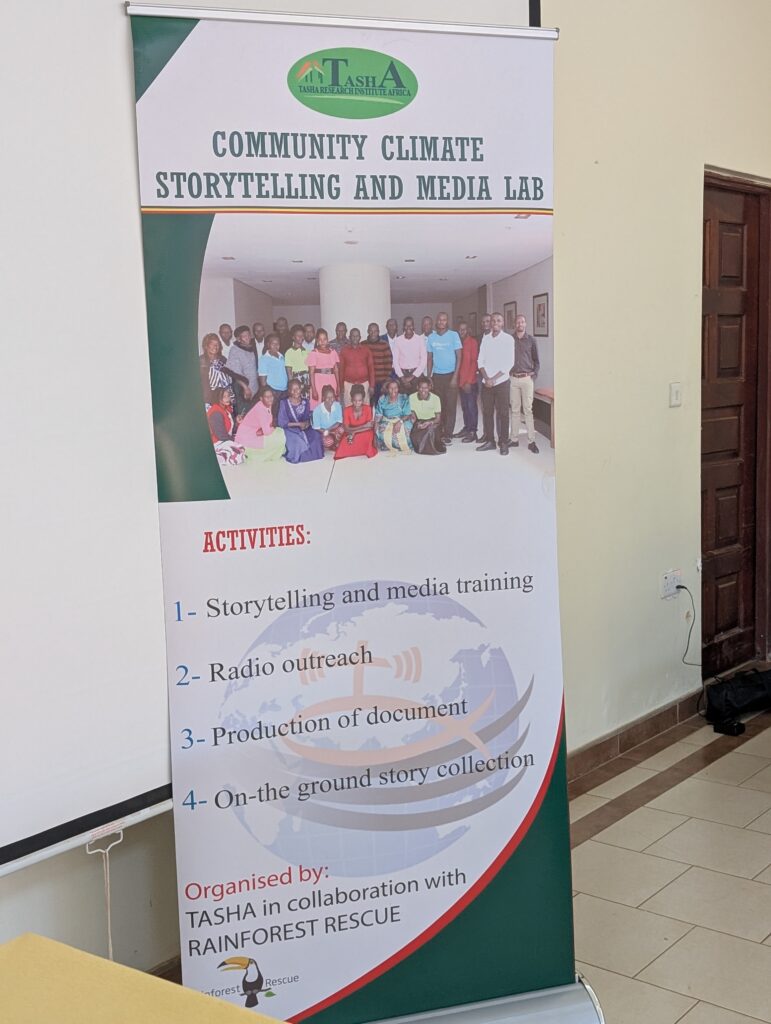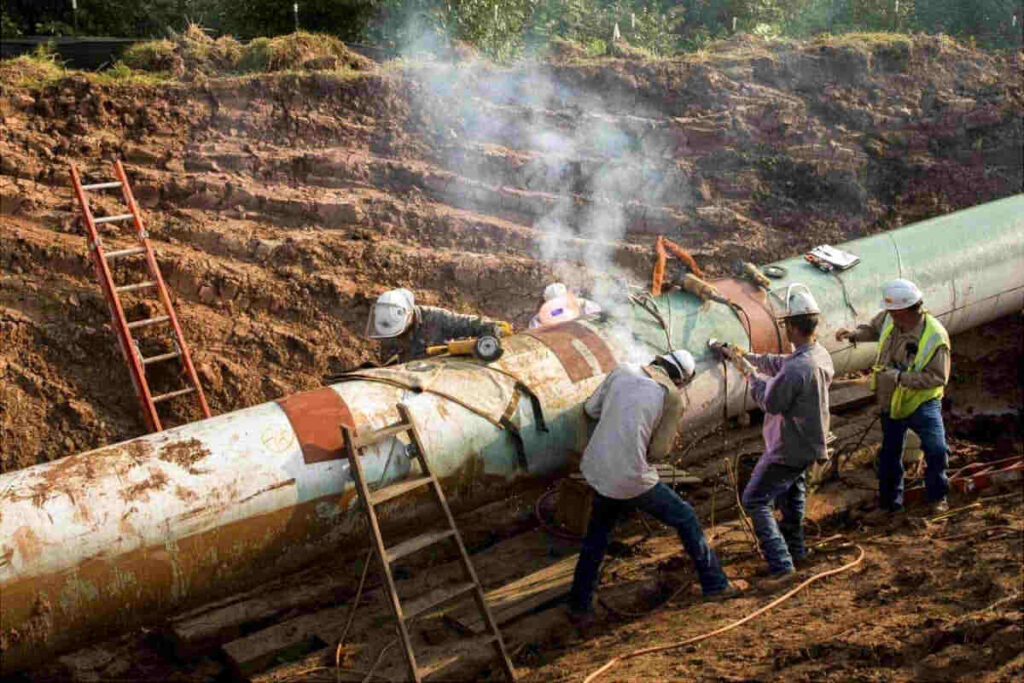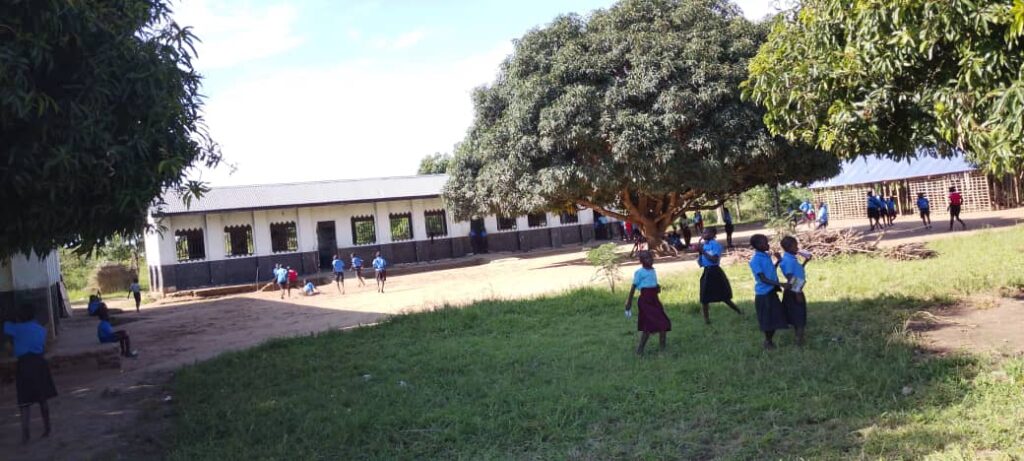The Tilenga and EACOP projects, spearheaded by TotalEnergies, have been widely criticized for their destructive impact on local communities and the environment. Despite their claims of acting responsibly and transparently, these projects have caused widespread displacement, environmental degradation, and human rights violations.
One of the most heart-wrenching stories comes from Nakato Achieng, a farmer from the Buliisa district, who was forced off her ancestral land with inadequate compensation. Her family, once self-sufficient, now struggles to afford basic necessities, and her children have been pulled out of school due to financial hardship. Similar stories echo across the affected regions, where livelihoods have been shattered under the guise of economic development.
The impact on the environment is equally devastating. The drilling operations within Murchison Falls National Park threaten the fragile ecosystem, endangering wildlife and reducing biodiversity. Local fishermen like James Okello, who once relied on the Lake Albert fisheries for sustenance, have seen their catches dwindle, pushing them into economic ruin.
TotalEnergies’ assertions of compliance with international standards are nothing more than a smokescreen. Many of the so-called consultations with local communities were rushed, with reports of coercion and intimidation. The project’s promise of job creation has also proven hollow, with most high-paying roles going to foreign experts while locals are left with menial, short-term labor opportunities.
Additionally, the environmental mitigation measures proposed by TotalEnergies are woefully inadequate. The construction of the 1,443 km pipeline will lead to the destruction of critical ecosystems and force thousands of people from their homes. Even the claim of utilizing solar power for pumping stations is a deceptive attempt to greenwash a fundamentally destructive project.
These personal stories, documented extensively by Tasha Research Institute Africa, highlight the grim reality behind the Tilenga and EACOP projects. Instead of bringing prosperity, these projects have left a trail of displacement, poverty, and ecological devastation. The affected communities continue to resist, fighting for their land, rights, and future against the exploitative practices of TotalEnergies and its partners.
It is imperative that the world listens to the voices of those impacted and holds TotalEnergies accountable. The future of Uganda and Tanzania should not be sacrificed for corporate greed disguised as development.




